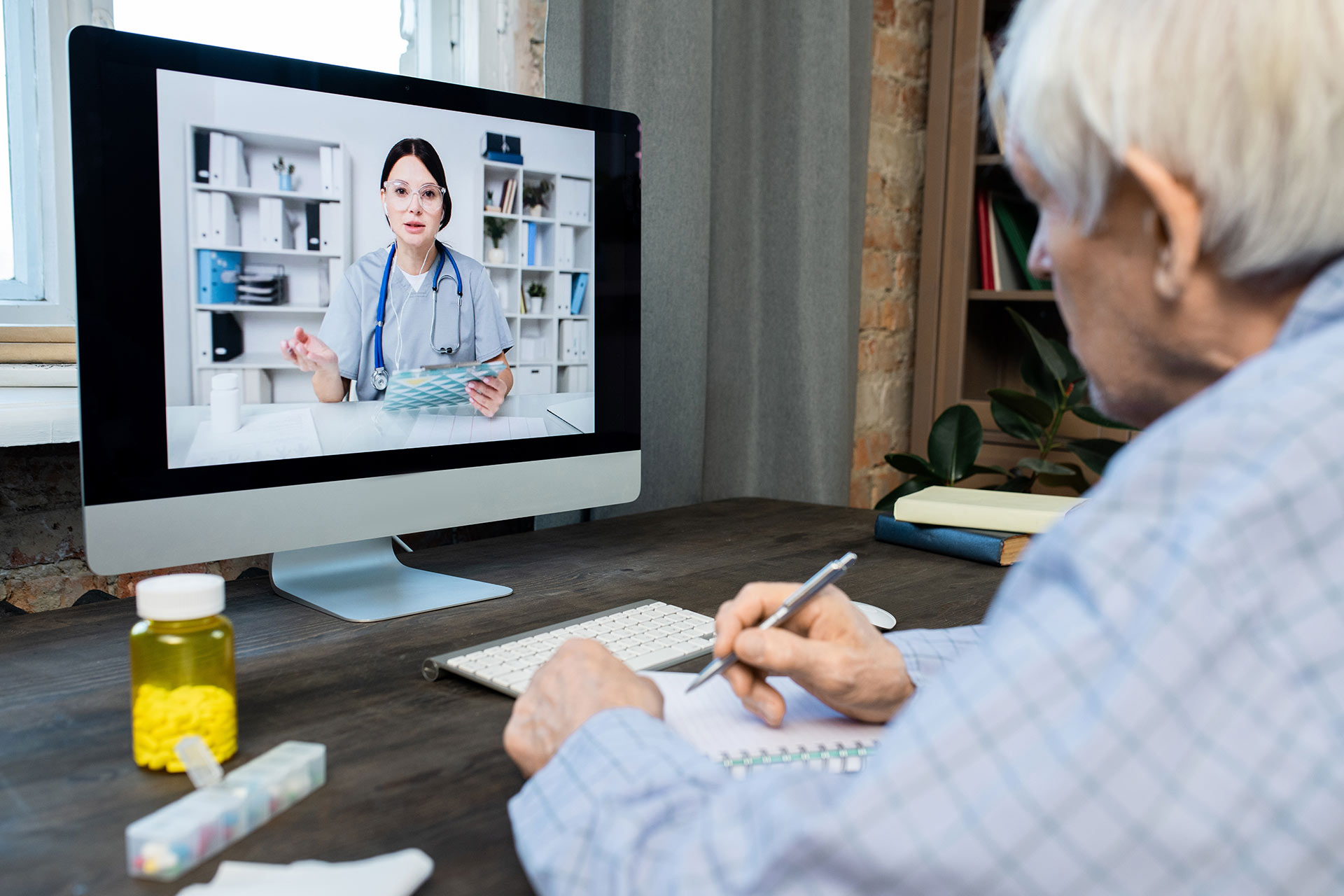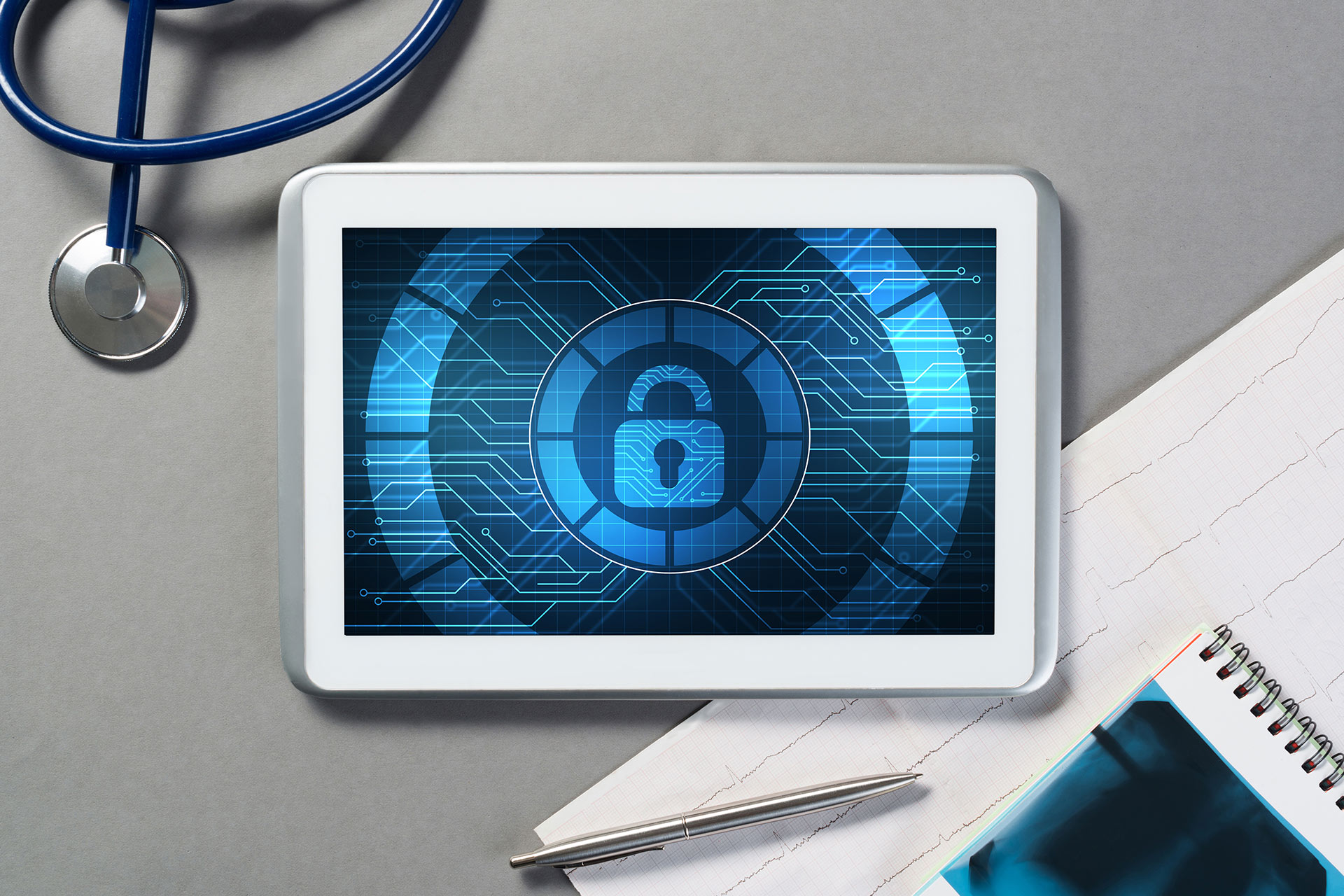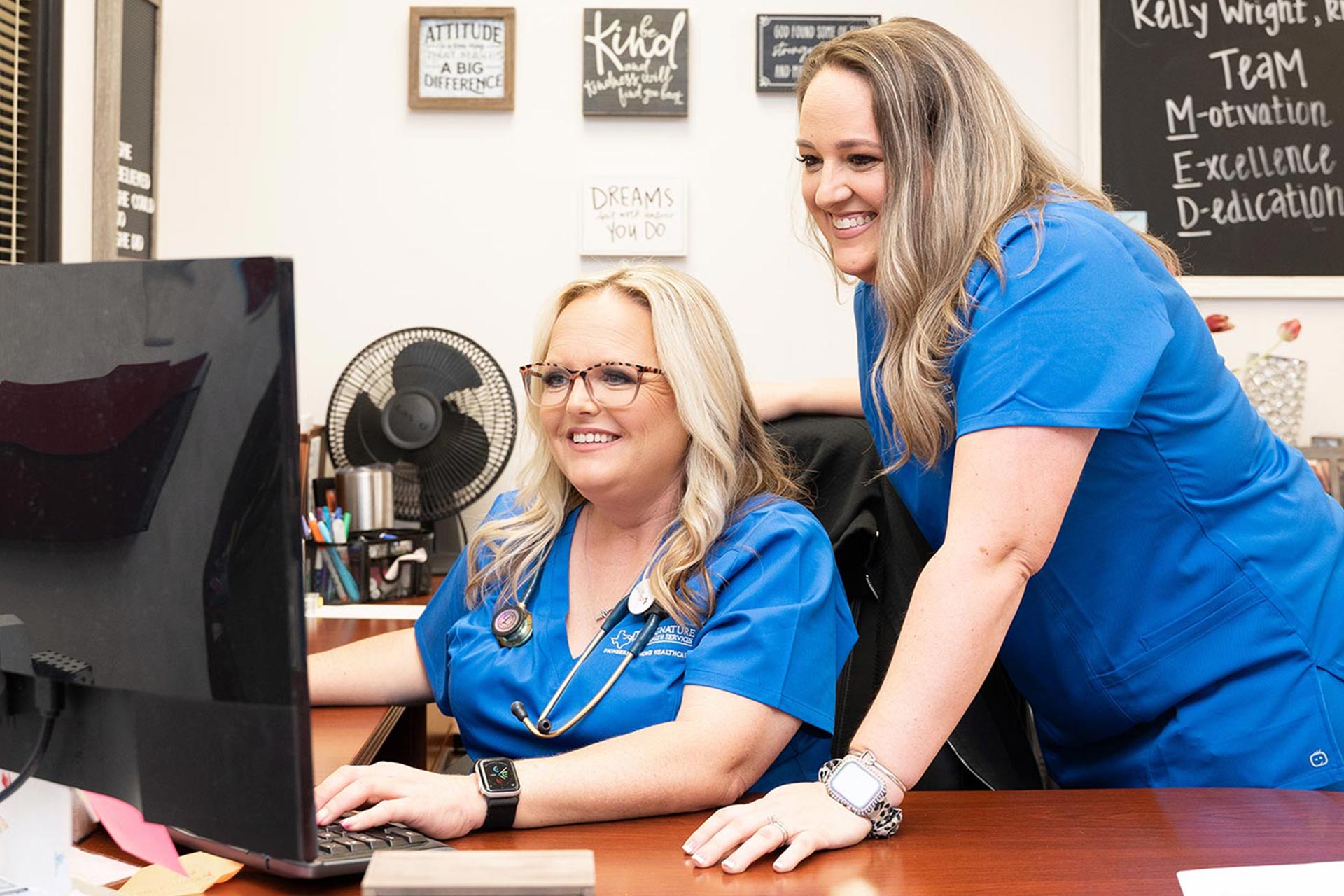Healthcare has always relied on face-to-face encounters between patients, nurses, and doctors. On the other hand, we used to think that a permanent watch would improve a patient’s outcome. But, in today’s rapidly evolving world, the fusion of innovation and technology has shown a new era of patient care. From AI-driven diagnostics to 3D-printed prosthetics, medical technology is transforming how healthcare is delivered, ultimately leading to enhanced quality of life.
Let’s explore the impact of medical technology on patient care and how these innovations are revolutionizing the healthcare industry.
Artificial Intelligence (AI) and Machine Learning
These technologies have emerged as powerful tools in healthcare, enabling the analysis of big loads of patient data to predict disease progressions, optimize treatment plans, and facilitate early diagnosis. With the rise of AI-driven algorithms, medical professionals can now personalize patient treatments using predictive analytics. By leveraging AI, healthcare providers can identify patterns and trends in patient data, leading to more accurate diagnoses and better treatment outcomes.
Telehealth
More than traditional video consultations, telehealth has evolved into a wide array of technologies, such as wearable devices, remote monitoring tools, and mobile apps. These innovations have revolutionized the delivery of healthcare, particularly for patients with chronic conditions. Wearable devices like smartwatches allow people to monitor their vital signs and transmit real-time data to healthcare providers. This continuous remote monitoring enables proactive intervention and builds greater patient engagement in managing their health.

3D Printing Technology
It revolutionized the production of custom medical devices and prosthetics, offering unparalleled precision and personalization. Surgeons can now create precise models of patients’ anatomy for pre-surgical planning, leading to more successful outcomes. Additionally, biomedical companies have leveraged 3D printing to develop affordable and customizable prosthetics, providing amputee patients with greater functionality and mobility.
Genomic Medicine
By analyzing an individual’s genetic makeup, healthcare providers can adjust therapies to target specific mutations, leading to more effective treatment outcomes and fewer adverse reactions. Many companies are at the forefront of genomics research, driving innovations and reshaping the future of medicine.
Robotics in Surgery
Surgeons are now able to perform complex procedures with enhanced precision and minimal invasiveness, which is transforming the field of surgery. Improved surgical techniques can lead to shorter recovery times and reduced patient complications. By using robotics, surgeons can access hard-to-reach areas with greater accuracy.
Virtual Reality (VR) Therapy
It has become a comprehensive and powerful tool for managing pain, anxiety, and phobias in healthcare settings. By immersing patients in virtual environments, VR simulations help alleviate discomfort and improve patient well-being. Many healthcare facilities are utilizing VR headsets to distract patients during procedures, reducing pain perception and enhancing the overall patient experience.
Blockchain Technology
Data security and interoperability in healthcare are beginning to improve by using blockchain, providing patients with greater control over their health records. Healthcare providers can now securely access critical patient information while ensuring data privacy and integrity. Some platforms allow patients to authorize the sharing of their electronic health records, building trust and promoting transparency in healthcare delivery.

AI-driven Chatbots and Virtual Assistants
Patient engagement and support can be improved by providing personalized medical advice and assistance. AI algorithms can create chatbots and virtual assistants to allow patients to make informed decisions about their health and well-being. These virtual companions offer round-the-clock support, answering questions and guiding patients through their healthcare journey.
Bioinformatics and Drug Discovery
Many biomed companies are revolutionizing the drug discovery process, identifying potential drug candidates more quickly and efficiently. By utilizing the power of bioinformatics, researchers can expedite the development of new therapies, ultimately improving patient outcomes.
The Internet of Things (IoT)
Monitoring patients and having efficient healthcare logistics is now easier than ever by connecting medical devices and streamlining care delivery. Smart devices like connected inhalers and smart hospital beds enable healthcare providers to remotely monitor patients and manage chronic conditions more effectively. IoT technology allows healthcare organizations to optimize resource allocation and enhance the overall patient experience.
Medical technology has revolutionized the healthcare industry, creating the outline for improved patient outcomes and enhanced quality of life. These and other innovations are reshaping the future of medicine and driving unprecedented advancements in patient care. As technology continues to evolve, the healthcare sector will undoubtedly witness even more remarkable transformations, ultimately leading to a healthier and more prosperous society.
Call Signature 24/7 at 800-277-8291 for excellence in skilled and compassionate home health care.

Your Complete Home Health Care Solution!
ALWAYS ON CALL
| Monday – Sunday | 24 / 7 |
1 (800) 277-8291 (option 1)
COUNTIES SERVED
OUR VALUES
TESTIMONIALS

I love all of my home health people.

All Signature staff as well as therapy were very helpful.

Their services have always been great.

I really love my physical therapist. Gary has helped me so much.

This has been one of the best agencies. Very caring nurses.

I’ve had a really good physical therapist and really nice nurses.

I have had excellent care & would recommended them to anyone.

Gary Dixon is the very best physical therapist in Baytown and Houston Area.

